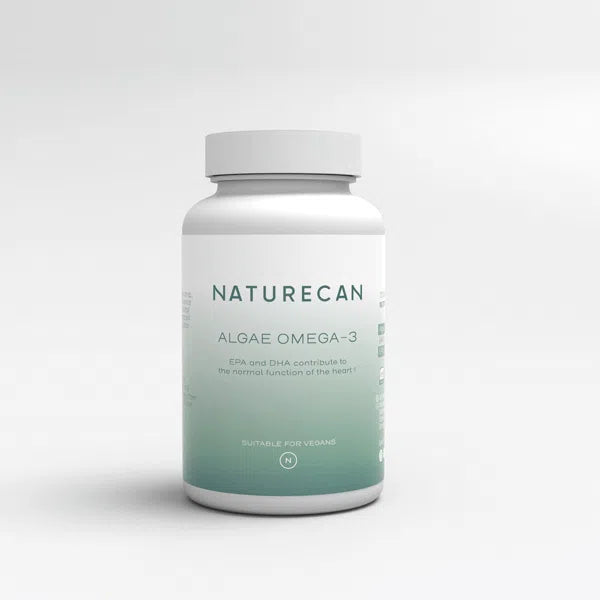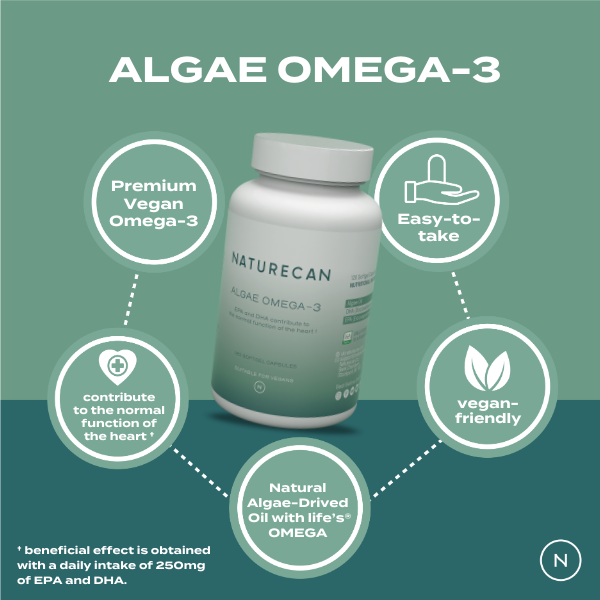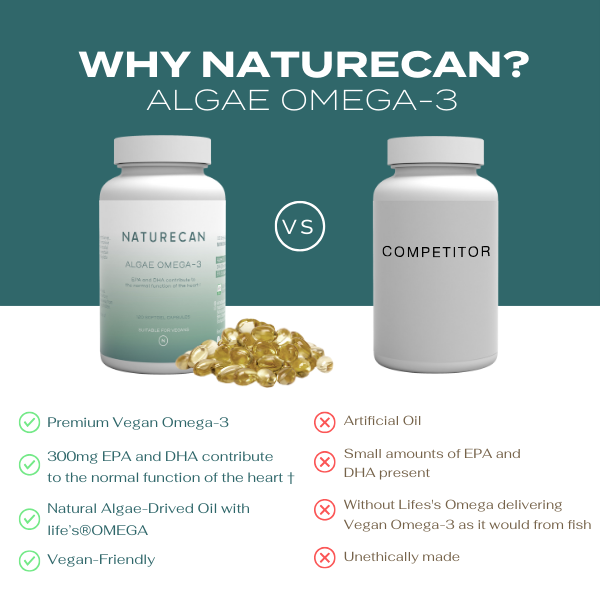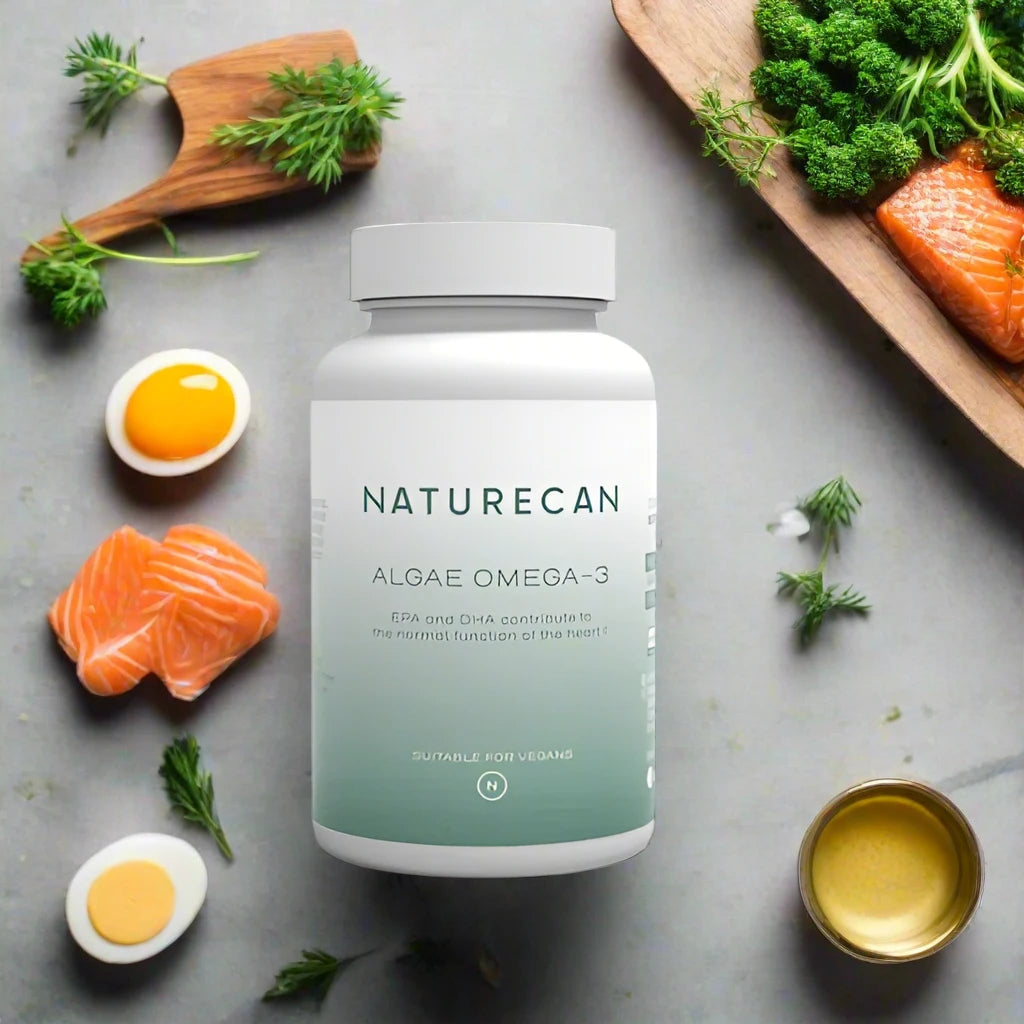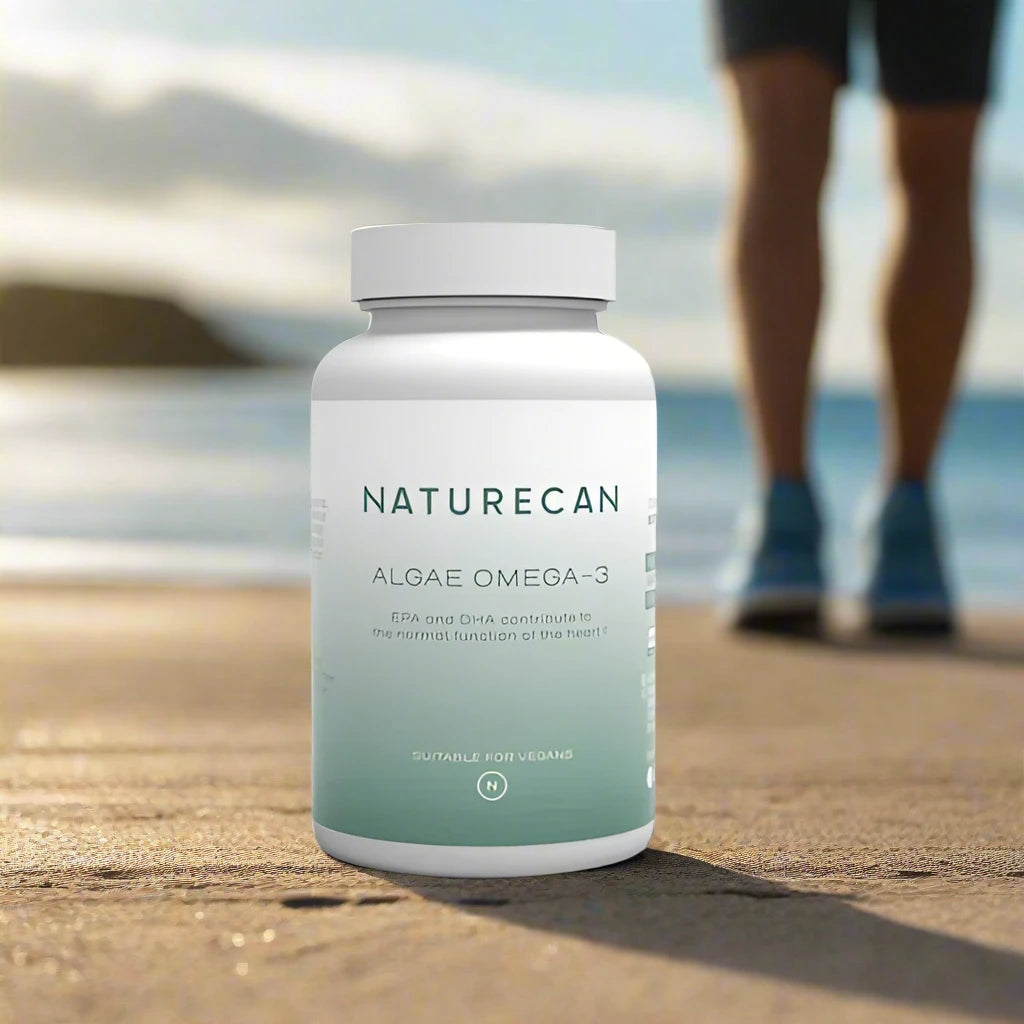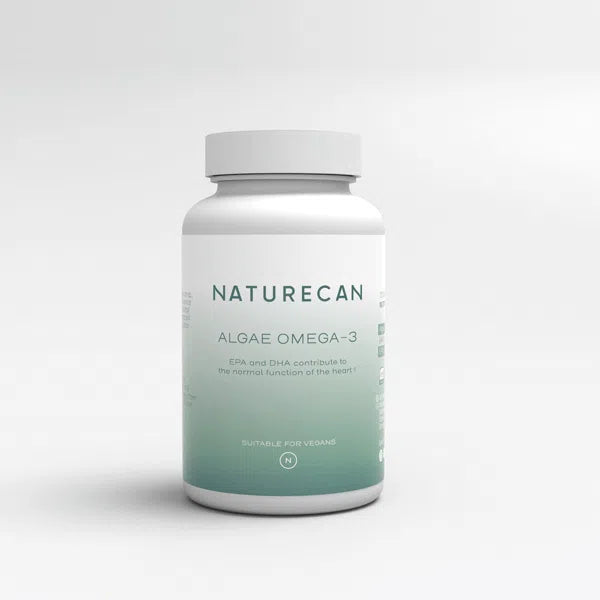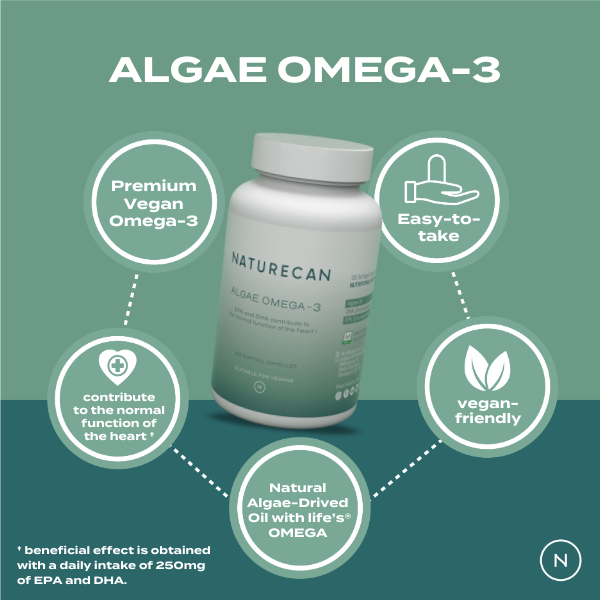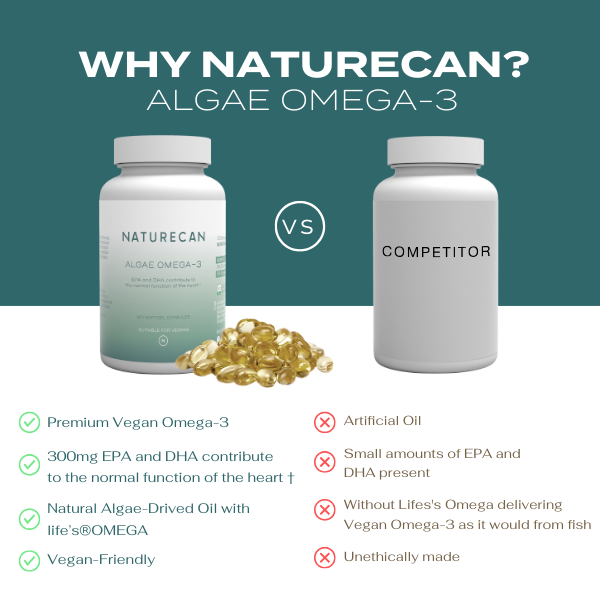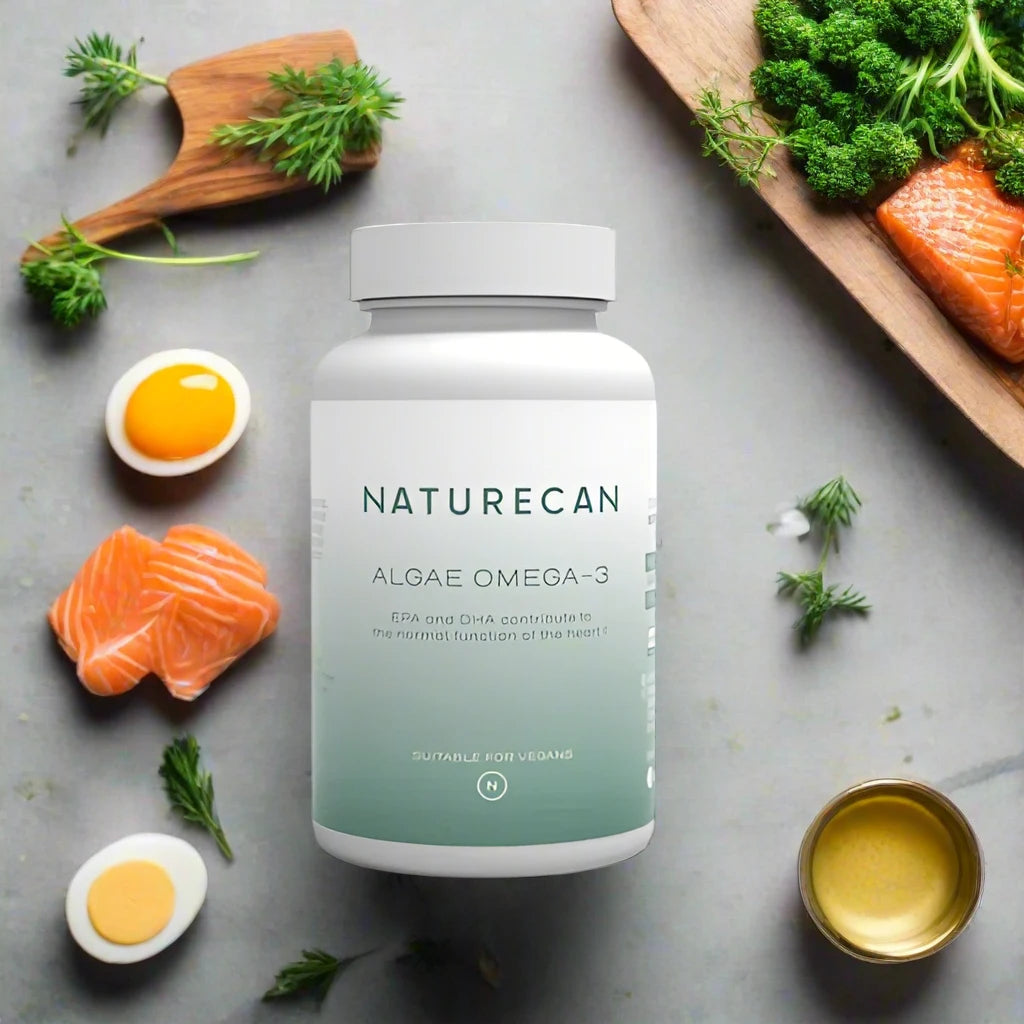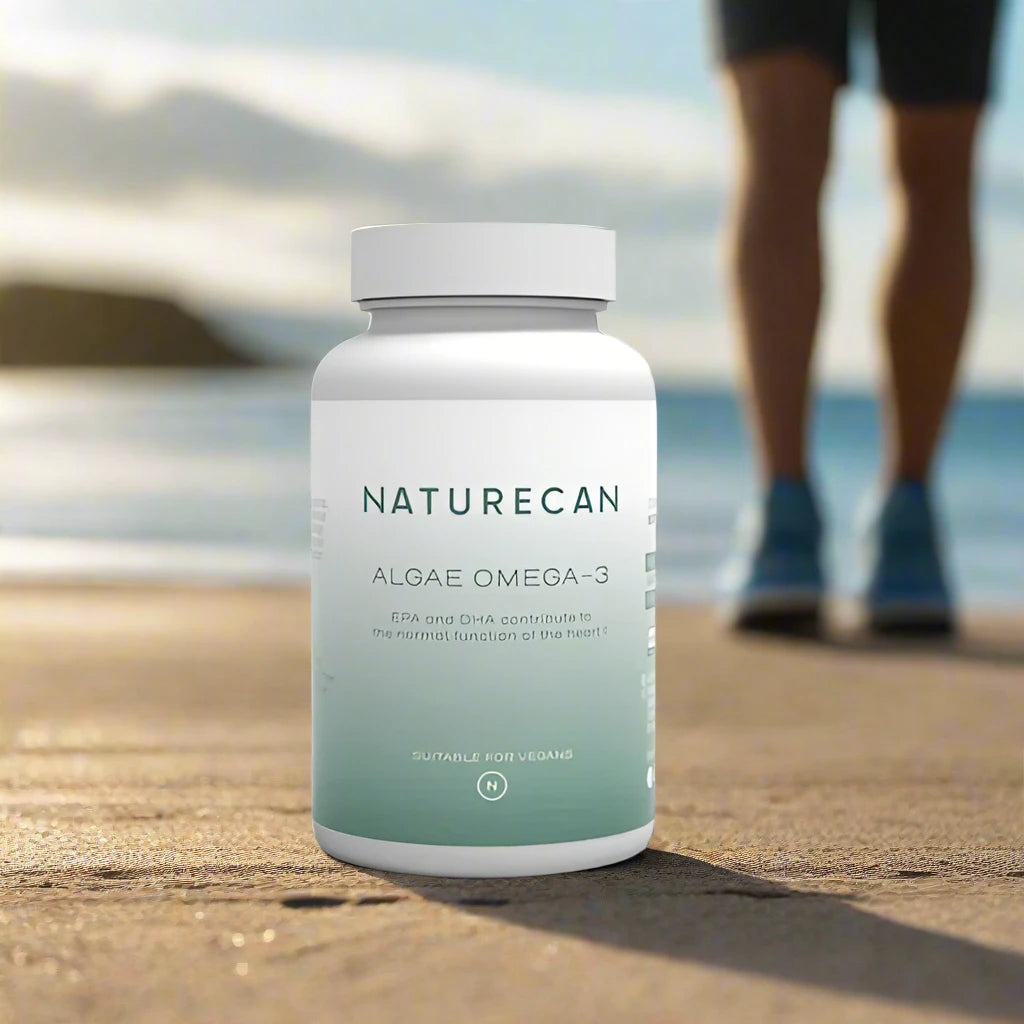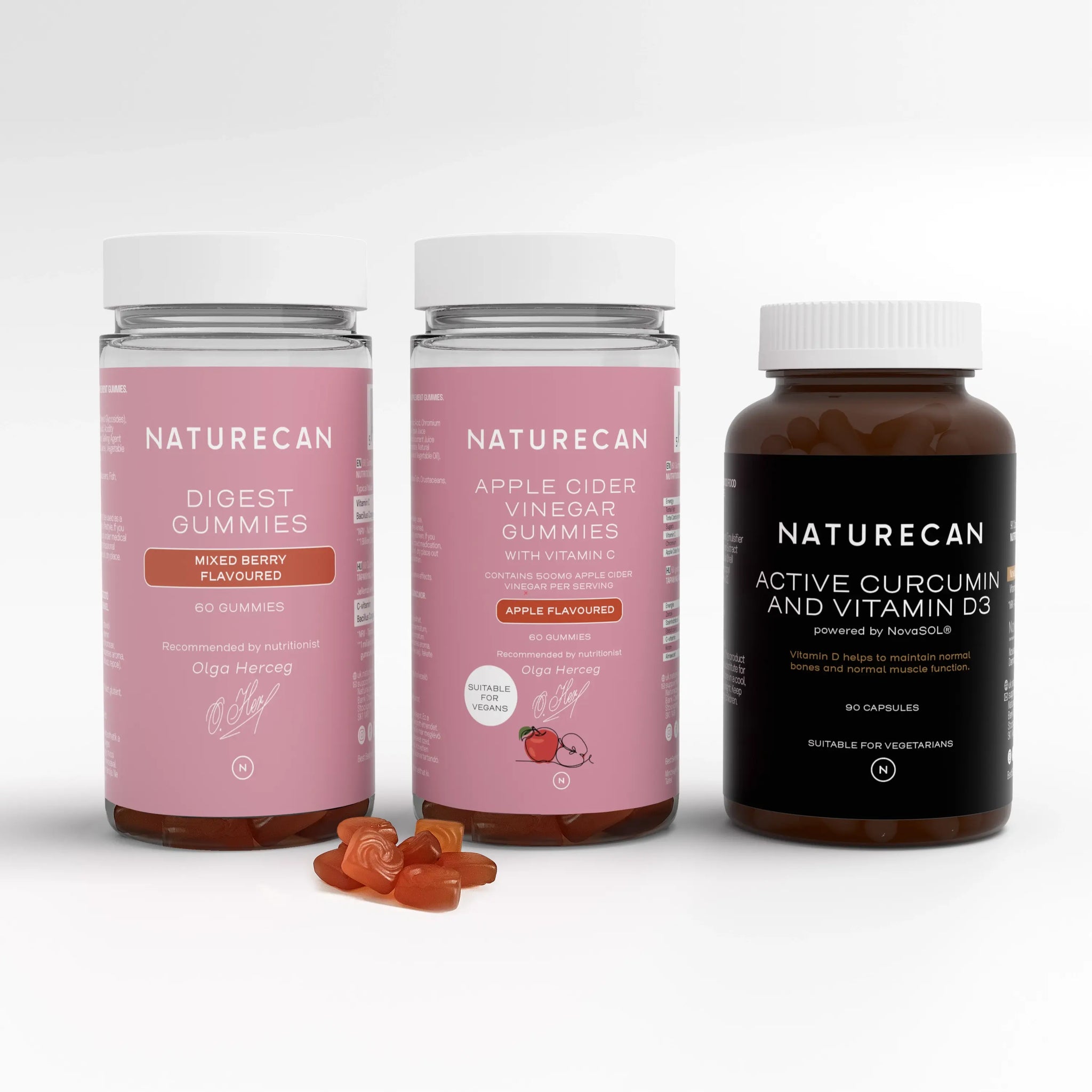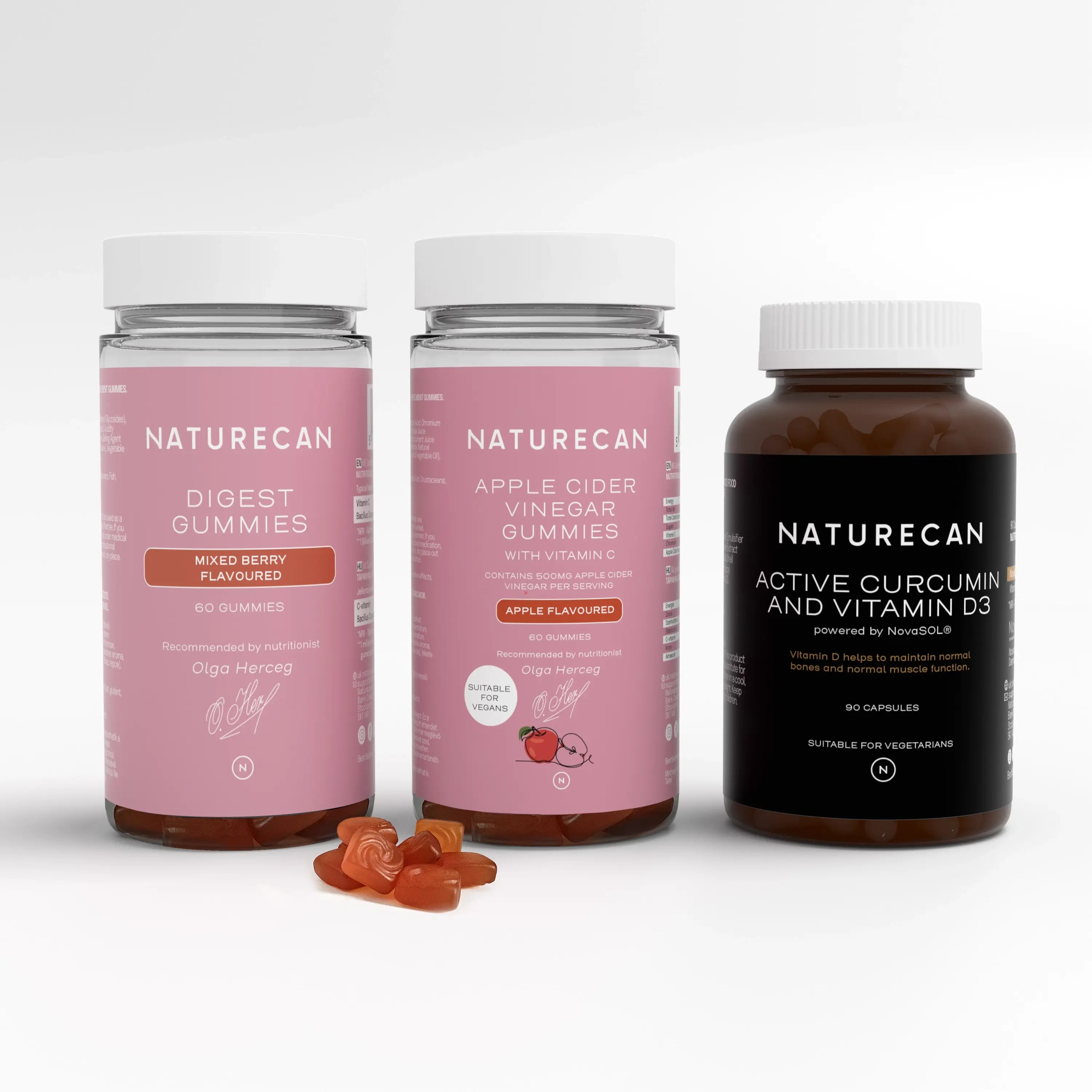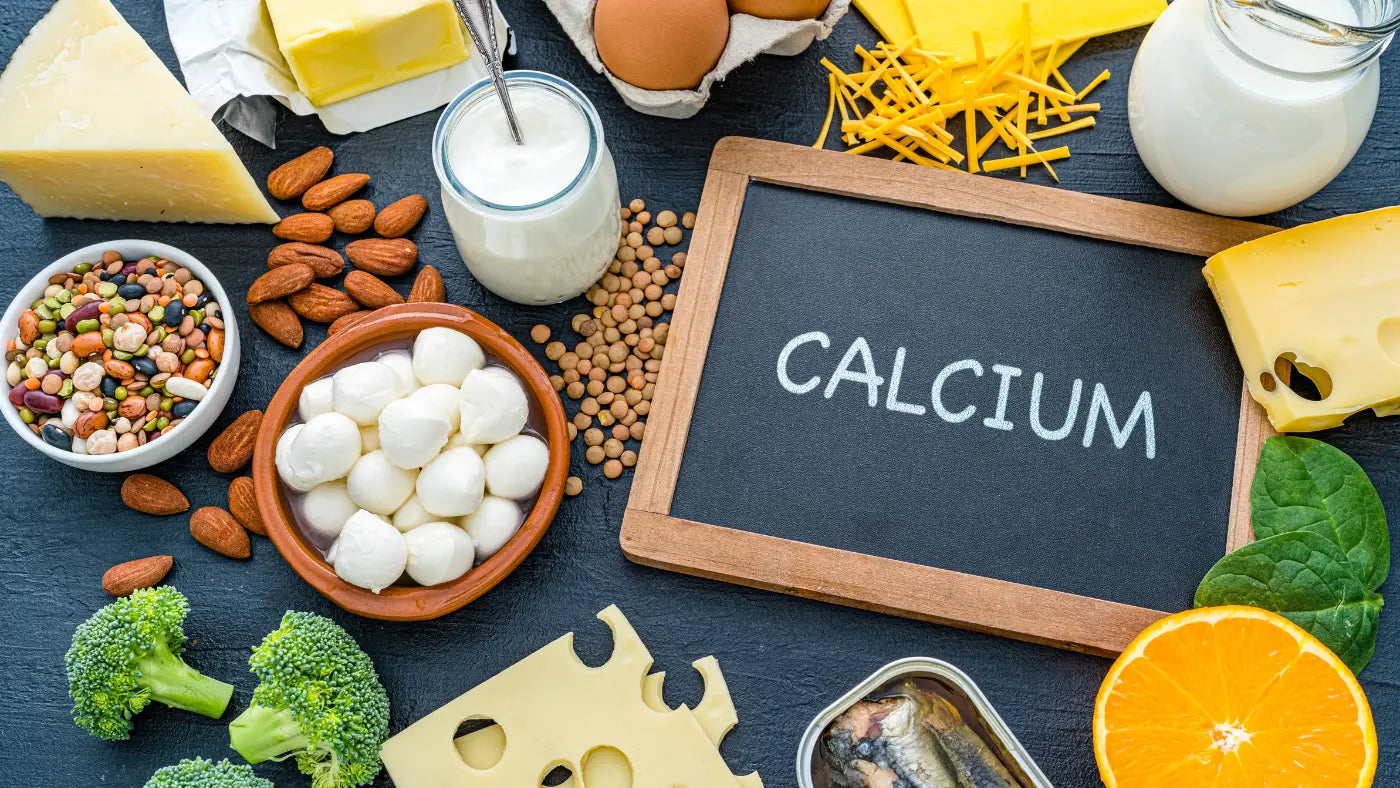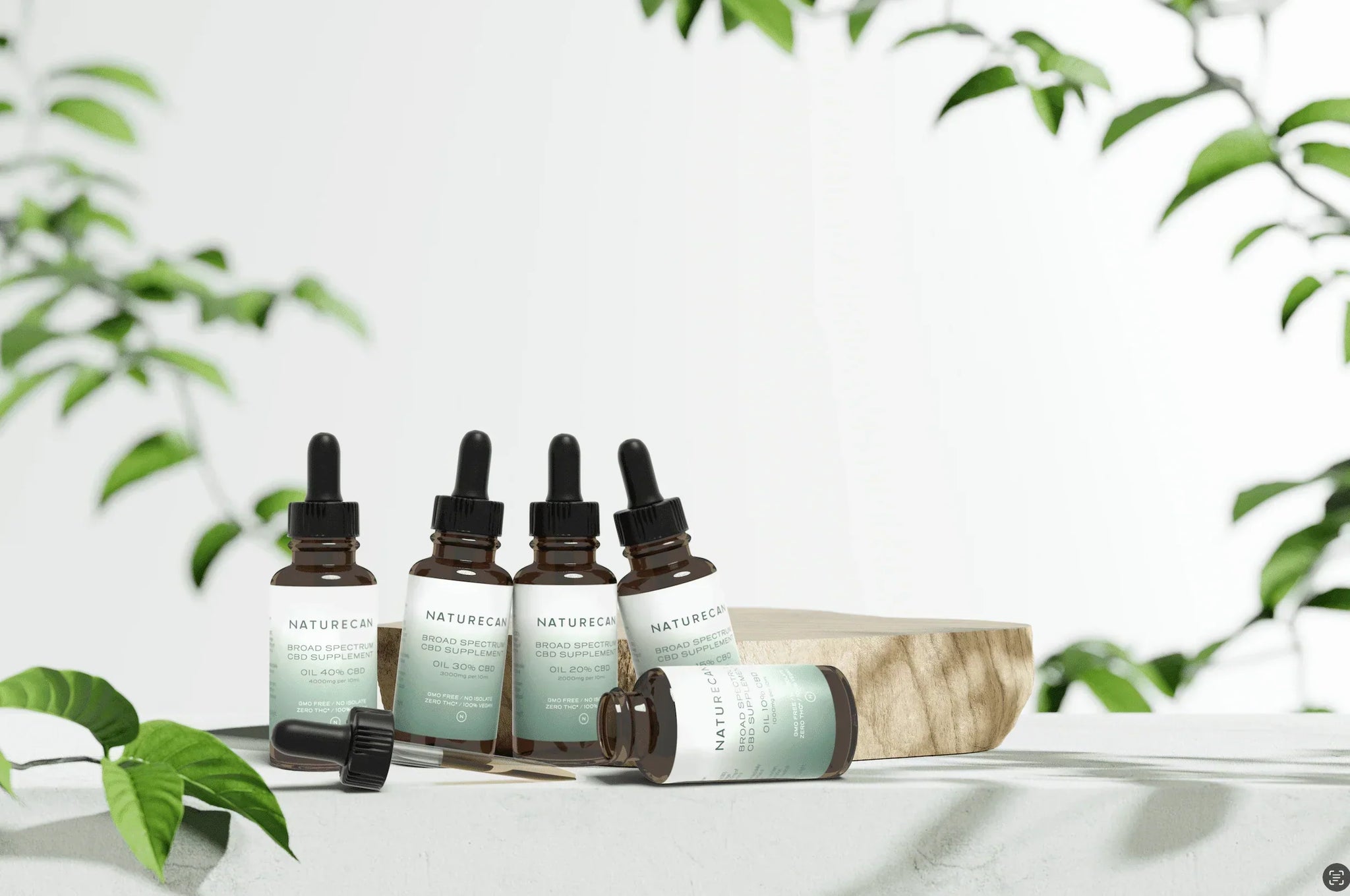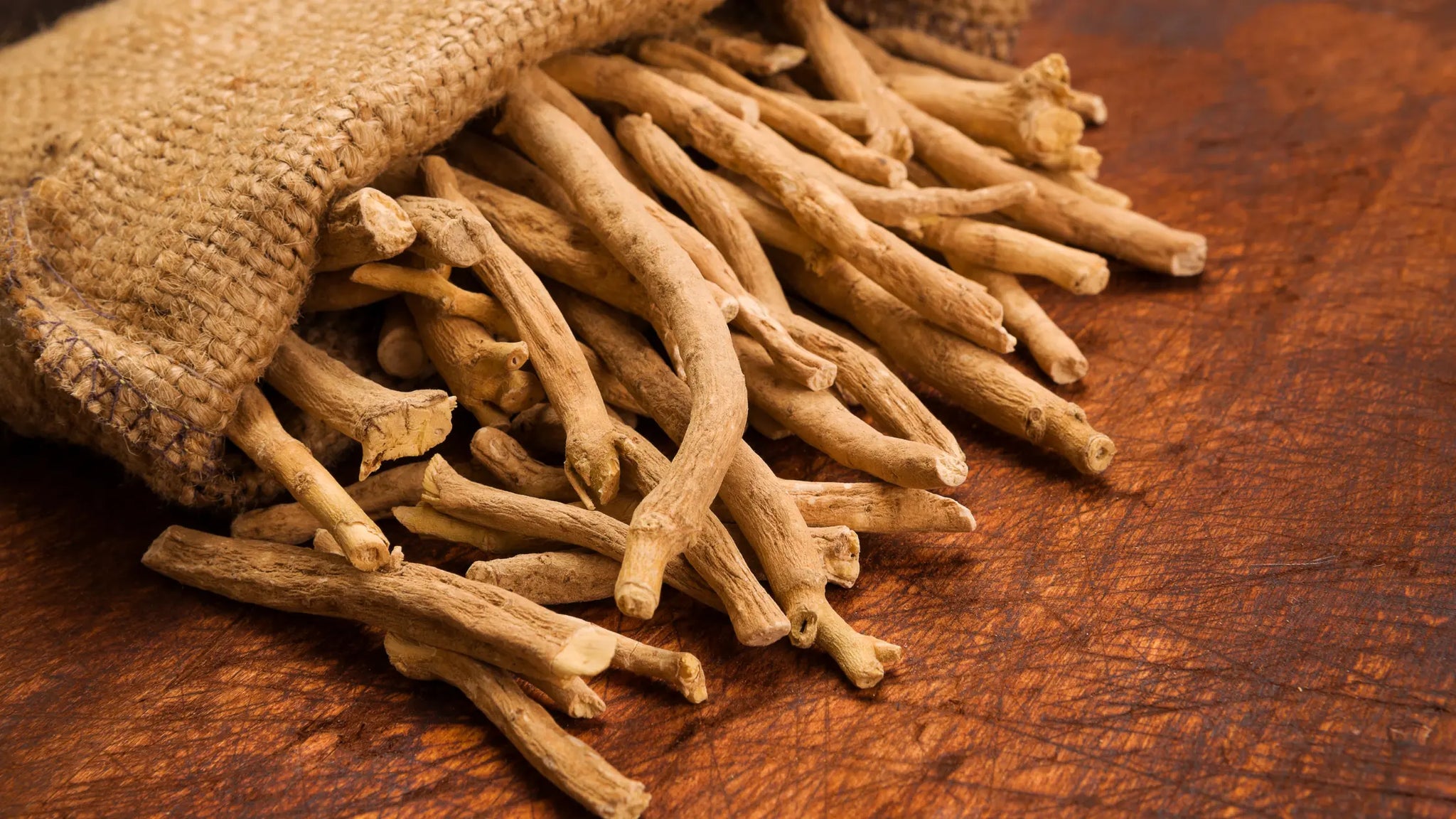How to Boost Dopamine Naturally | 10 Tips & Supplements

Written by Valeria Briancesco & Reviewed by Paul Holmes.
Dopamine is often called the brain’s “feel-good” chemical, but in reality, it plays a far bigger role than just influencing mood. This important neurotransmitter is closely linked to motivation, focus, learning, memory and the reward system that drives many of our daily behaviours [1].
When dopamine levels are balanced, it becomes easier to stay motivated, enjoy activities, and maintain a positive outlook on life.On the other hand, when dopamine is too low, it can be harder to find motivation or take pleasure in everyday tasks [2].
While medications exist for more severe dopamine-related conditions, many people are now asking how they can increase dopamine naturally as part of a healthy lifestyle.In this article, we’ll explore 10 proven, science-backed strategies to support your body’s dopamine levels.
From diet and exercise to sleep, mindfulness and lifestyle choices, we’ll also highlight supplements that may help support healthy dopamine and brain function.
What Is Dopamine?
Dopamine is a type of neurotransmitter, which means it acts as a chemical messenger in the brain. It plays a central role in regulating motivation, pleasure, reward, learning, memory, and movement.
Each time we complete a task, enjoy a meal, or achieve a goal, dopamine is released as part of the brain’s reward system, reinforcing behaviours that feel rewarding [3].
Unlike hormones that circulate throughout the body, dopamine primarily acts in the brain, though smaller amounts are also found in the nervous system and even in the gut. It is produced in specific brain regions, most notably the substantia nigra and the ventral tegmental area, which are both essential for movement and reward processing [4].
Serotonin vs Dopamine
Although serotonin and dopamine are both neurotransmitters, they play very different roles in the brain and body.
Understanding these differences can help explain why balance between them is essential for well-being.
- Dopamine is often described as the “motivation molecule”. It is heavily involved in the brain’s reward system, driving us to seek out experiences that feel good or help us achieve our goals. Dopamine spikes when we accomplish a task, enjoy food, listen to music or exercise, reinforcing behaviours that the brain recognises as rewarding [3].
- Serotonin, on the other hand, is sometimes referred to as the “happiness molecule”. It contributes to feelings of contentment, calm, and emotional stability. Higher serotonin levels are linked with relaxation and positive mood, whereas low serotonin is associated with irritability and sadness [5].
In simple terms, dopamine pushes us towards action, while serotonin allows us to feel satisfied afterwards. Research shows that dopamine is strongly tied to reward anticipation and drive, whereas serotonin is more closely linked to inhibition, patience and mood stability [6].
An imbalance between the two can affect mood and behaviour. For example, excessive dopamine signalling has been linked with addictive behaviours, as the brain keeps seeking reward.
In contrast, low serotonin levels may contribute to feelings of anxiety or depression [7]. Both are essential, but they serve complementary purposes in maintaining mental and emotional health.

Signs of Low Dopamine (Dopamine Deficiency)
Dopamine plays a key role in motivation, focus and pleasure. When levels are low, it can affect both mood and behaviour. Below are some of the most recognised signs:
- Lack of motivation - everyday tasks may feel harder to start or complete, and there may be less satisfaction from normally enjoyable activities [8].
- Fatigue and low energy - even after a full night’s sleep, you may feel persistently tired or unmotivated [8].
- Difficulty concentrating - reduced dopamine can affect focus, learning and memory, making it harder to pay attention or recall details [9].
- Mood changes - low dopamine is often linked with apathy, low mood and reduced interest in social interactions [10].
It is important to remember that these symptoms are not exclusive to dopamine deficiency.
They can overlap with other conditions such as depression, chronic fatigue or thyroid problems. If symptoms are persistent, it is always best to seek professional medical advice.

10 Ways to Increase Dopamine Naturally
1. Eat a Dopamine-Supportive Diet
Food is one of the most effective ways to support healthy dopamine production. Certain nutrients are required to make and regulate this neurotransmitter.
Here are some of the most important dietary factors:
- Protein-rich foods: amino acids such as L-tyrosine and L-phenylalanine act as building blocks for dopamine. They are found in lean meats, eggs, dairy, beans and legumes [11].
- Omega-3 fatty acids: these are essential for brain cell membranes and may support dopamine receptor function [12]. You can find plant-based sources in walnuts and flaxseeds, or consider supplements such as Vegan Omega-3.
- Probiotics and fibre: gut health influences neurotransmitters including dopamine. Fermented foods like yoghurt, kefir and sauerkraut, alongside fibre-rich fruits and vegetables, may help maintain balance [13]. For extra support, see our Gut Health Bundle.
Vegan Omega-3 Supplement by Naturecan
At Naturecan, we’ve created a premium, algae-based alternative that delivers the same benefits of fish oil, without compromising your lifestyle or the planet.
- Brain & Vision Support – Rich in DHA, which contributes to the maintenance of normal brain function and healthy vision
- Heart Health Support – Contains EPA, which contributes to the normal function of the heart
- Sustainable & Vegan – Powered by life’s®OMEGA, a pure algae-based alternative to fish oil
Gut Health Bundle by Naturecan
Nurture your body from the inside out with our specifically curated Gut Health Bundle. This handy trio combines our best gut-loving supplements: Digest Gummies, Apple Cider Vinegar Gummies, and Active Curcumin to keep your gut happy and your routine simple.
- Helps maintain a healthy, balanced gut
- Supports digestion and nutrient absorption
- May ease bloating and digestive discomfort
- May support mood and skin via the gut-brain-skin connection
- All-in-one solution with prebiotics, probiotics, and potential anti-inflammatory support
- More cost-effective than buying products separately
2. Exercise Regularly
Regular movement is one of the most reliable ways to naturally support dopamine.
- Aerobic exercise such as running, cycling or swimming has been shown to increase dopamine release and receptor availability in the brain [14].
- Strength training may also have positive effects, not only on physical health but on mood and motivation through dopamine pathways [15].
- Even moderate activity like brisk walking, gardening or dancing can provide benefits, making it easier to stay consistent.
Studies show that exercise influences the reward system, helping to improve mood, motivation and even learning capacity.
Significantly, it also reduces stress, which can otherwise disrupt the balance of dopamine [16].
Making physical activity part of your daily routine — even short sessions — can be a powerful tool for supporting brain health.

3. Prioritise Quality Sleep
Getting enough rest is one of the easiest ways to support healthy dopamine levels. Simple habits can make a big difference:
- Stick to a routine: go to bed and wake up at the same time each day, even on weekends.
- Limit screens at night: the blue light from phones and laptops can delay sleep and affect natural rhythms.
- Create a sleep-friendly space: keep your room dark, cool and quiet to help your body relax.
- Wind down gently: try reading, stretching or meditation instead of scrolling before bed.
- Cut back on caffeine late in the day: coffee and energy drinks can interfere with deep sleep.
A restful night doesn’t just leave you feeling refreshed — it also gives your brain a natural reset so dopamine can do its job properly [17][18].

4. Get Sunlight and Vitamin D
Sunlight helps set your body clock, which supports daytime energy and focus.
- Get outside within the first hour of waking for 10 to 20 minutes of natural light.
- If you work indoors, sit near a window and open blinds to maximise daylight.
- Take two short daylight breaks during the day to keep your rhythm on track.
- In winter or if you get little sun, consider Vitamin D support such as Vitamin D3.
Morning light helps synchronise circadian rhythms that interact with dopamine-related brain pathways [19].
Vitamin D receptors are also found in dopamine-linked brain regions, suggesting vitamin D status may influence brain health [20].

5. Practise Meditation and Mindfulness
Taking time to pause can help your brain reset and reduce stress, which supports healthy dopamine balance.
- Try 5–10 minutes of meditation each morning or evening.
- Use mindful breathing when you feel overwhelmed.
- Keep a gratitude journal to shift focus to positive experiences.
Even small daily practices can improve focus and support dopamine-related brain pathways [21].

6. Enjoy Music and Creative Activities
Music and creativity activate reward circuits in the brain, which are linked with dopamine release.
- Listen to your favourite music while working or relaxing.
- Try creative outlets such as painting, writing, or cooking.
- Join group activities like singing or dancing for a bigger mood boost.

7. Support Gut Health
A healthy gut microbiome helps regulate neurotransmitters, including dopamine.
- Eat more fibre-rich foods like fruit, vegetables and wholegrains.
- Include fermented foods such as yoghurt, kefir, or sauerkraut.
- Consider extra support with Digest Gummies or the Gut Health Bundle.

8. Try Cold Exposure (Optional)
Short bursts of cold exposure may temporarily increase dopamine levels.
- Take a cold shower for 30-60 seconds at the end of your normal shower.
- Try outdoor cold swims if safe and accessible.
- Always start gradually and listen to your body.

9. Reduce Dopamine-Depleting Habits
Certain lifestyle habits can overstimulate or deplete the dopamine system over time.
- Limit social media scrolling and digital overstimulation.
- Cut back on ultra-processed foods and excess sugar.
- Be mindful with stimulants like caffeine and nicotine.

10. Consider Natural Supplements
Certain nutrients and plant compounds may support healthy dopamine function.
- Magnesium, Vitamin D3, and Vitamin B12 support brain health and neurotransmitters.
- Lion’s Mane Gummies may influence nerve growth factors linked with dopamine pathways.
- NMN supports cellular energy, which is important for brain health.
We will talk more on this in the next section, but for more details, see the supplement list below and/or explore blogs on spermidine benefits, inflammation and ageing.

Supplements That May Support Dopamine and Brain Health
Healthy habits are the foundation for dopamine balance, but certain nutrients and plant compounds may provide extra support.
Below are some of the most researched options.
1. Essential Nutrients
- Magnesium – contributes to normal psychological function and supports dopamine receptor activity.
- Vitamin D3 – vitamin D receptors are found in dopamine-related brain regions, suggesting a supportive role in neurotransmitter function [20]. Try
- Vitamin B12 – important for energy metabolism and neurotransmitter production.
- Vitamin B6 and Folate (B9) – work alongside B12 to help convert amino acids into dopamine.
2. Brain and Nerve Support
These compounds are linked to nerve growth, brain energy and overall cognitive function.
- Lion’s Mane Mushroom – linked to nerve growth factor (NGF), which supports brain plasticity and may influence dopamine pathways. Available as Lion’s Mane Gummies.
- NMN (Nicotinamide Mononucleotide) – supports mitochondrial health and cellular energy, which are important for dopamine function. Explore NMN Powder and our article on NMN benefits.
- Phosphatidylserine – helps maintain brain cell membranes, aiding neurotransmission.
- Acetyl-L-Carnitine (ALCAR) – supports mitochondrial energy and may help regulate neurotransmitters, including dopamine.
3. Botanical Compounds
Plants with antioxidant and neuroactive properties that may influence dopamine activity.
- Curcumin - the active compound in turmeric, studied for neuroprotection and potential effects on dopamine-producing neurons.
- Berberine – researched for its role in metabolic and brain health, with evidence suggesting it may influence dopamine signalling.
- Ginkgo Biloba – supports circulation and cognitive performance, which may benefit brain chemistry indirectly.
- Acetyl-L-Carnitine (ALCAR) – supports mitochondrial energy and may help regulate neurotransmitters, including dopamine.
4. Precursors to Dopamine
These amino acids and natural sources provide the raw materials for dopamine production.
Dopamine Detox: Myth or Method?
The term “dopamine detox” has gained popularity online, but it is often misinterpreted. You cannot actually “detox” from dopamine, your brain needs this chemical messenger to function.
The idea really refers to taking breaks from overstimulation. Activities like constant social media scrolling, binge-watching or video games can create a cycle of quick rewards.
This doesn’t change dopamine levels permanently, but it can affect how rewarding everyday tasks feel [30].
A dopamine detox typically involves reducing high-stimulation habits for a specified period.
By limiting fast rewards, people may find it easier to enjoy simple activities again, like reading, exercising or spending time outdoors.
While there is little direct scientific research on “dopamine detoxing,” reducing digital overstimulation and building healthier habits can be a useful way to support balance.

Dopamine Addiction
The idea of being “addicted to dopamine” is often mentioned in media and self-help circles. In reality, people are not addicted to dopamine itself, but to the behaviours or substances that strongly stimulate the dopamine reward system [31].
Drugs such as cocaine and amphetamines directly increase dopamine activity in the brain, leading to reinforcing cycles of use.
Similarly, modern behaviours like excessive gaming, social media, or gambling can repeatedly trigger dopamine release, making these activities difficult to resist [32].
What happens is that the brain begins to crave the behaviour that causes the dopamine spike, not dopamine itself. Over time, this can reduce sensitivity to natural rewards, making ordinary experiences feel less satisfying.
Understanding this distinction is essential. Instead of focusing on “dopamine addiction,” it may be more accurate to talk about reward system overstimulation.
Strategies such as exercise, mindfulness, and structured routines can help retrain the brain to enjoy healthier, slower-paced rewards.
Conclusion
Dopamine plays a central role in how motivated, focused and energised we feel each day. The good news is that there are many natural ways to support your dopamine system, from simple lifestyle choices, such as sleep, diet, and movement, to mindful practices like meditation and creative activities.
Small daily habits can make a big difference over time. Whether it’s getting more sunlight, adding exercise to your routine, or taking short breaks from overstimulation, these practical steps help your brain find its natural balance.
For those who want extra support, certain nutrients and botanicals may also help maintain healthy dopamine function.
At Naturecan, we offer a range of supplements, from Lion’s Mane Gummies and Vegan Omega-3 to Magnesium and Vitamin D3 — designed to complement your wellness journey.
Supporting dopamine naturally is about creating balance, not quick fixes. By combining healthy habits with the right nutrition, you can build a sustainable lifestyle that nurtures both your mind and body.
Supporting dopamine naturally is about creating balance, not quick fixes. By combining healthy habits with the right nutrition, you can build a sustainable lifestyle that nurtures both your mind and body.
FAQs
What raises dopamine levels fast?
Exercise, listening to music, and even brief periods of cold exposure can quickly increase dopamine activity.
Which vitamin boosts dopamine?
Vitamins B12, B6 and Folate are needed for dopamine production. Vitamin D3 and Magnesium also support healthy brain function.
What is the best drink to increase dopamine?
Green tea is often recommended, as it contains L-theanine, which may help regulate dopamine levels while promoting a calm and focused state.
How can I increase my dopamine levels?
Start with lifestyle changes: eat a balanced diet, stay active, get quality sleep, and limit overstimulation. Supplements such as Lion’s Mane Gummies or Vitamin D3 may also provide support.
What depletes dopamine the most?
Constant digital overstimulation, high stress, poor diet, and substance misuse are some of the main culprits.
What are the signs of low dopamine?
Low motivation, fatigue, poor concentration, and reduced enjoyment of everyday activities are common signs.

Reviewed by Paul Holmes
Director of Science and Innovation at Naturecan
Testing for large pharmaceutical & tobacco companies, Paul has built a wealth of scientific and regulatory knowledge, working on regulatory submissions to bodies such as the FDA and the MHRA.
He holds a BSc in Medicinal and Biological Chemistry and sits on the UKAS CBD Food Product Approval Expert Group.


